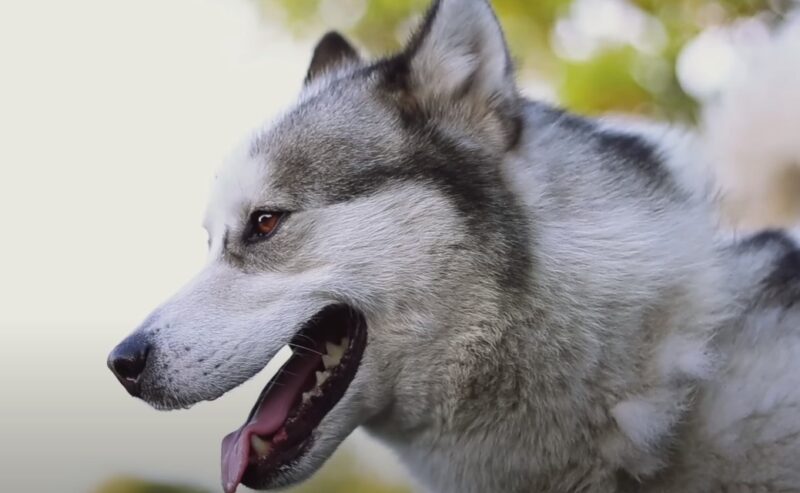Mouth cancer in dogs is a significant health concern that affects many canines. This type of cancer involves abnormal growths in a dog’s mouth, which can be malignant or benign. Malignant tumors are more aggressive and can spread to other parts of the body, while benign tumors may not spread but can still cause health issues. Understanding mouth cancer in dogs is vital for early detection and effective treatment.
Types of Mouth Cancer
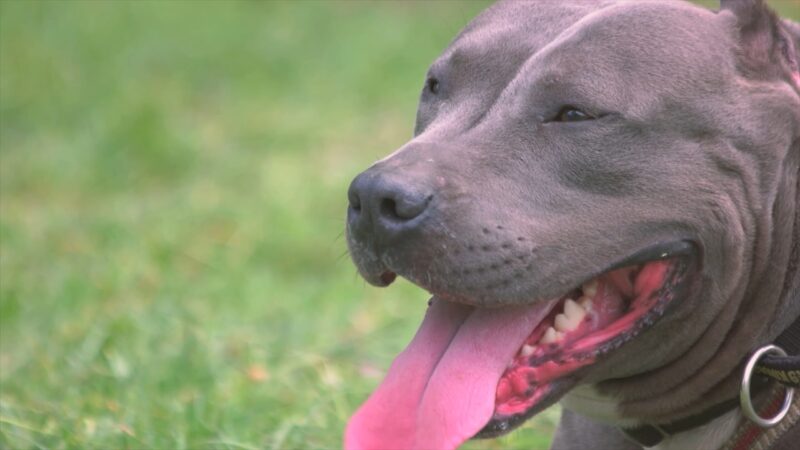
There are various types of mouth cancer that can affect dogs. The most common include melanoma, squamous cell carcinoma, and fibrosarcoma. Each type has distinct characteristics and behaviors. Melanoma typically occurs in the gums, lips, or palate and is often aggressive. Squamous cell carcinoma usually affects the tongue or tonsils and is also known for its aggressive nature. Fibrosarcoma is generally slower to spread but can be equally dangerous.
Causes and Risk Factors
The exact cause of mouth cancer in dogs is not always clear, but several factors increase the risk. Age is a significant factor, with older dogs being more susceptible. Certain breeds, such as Boxers, German Shepherds, and Weimaraners, have a higher predisposition to developing mouth cancer. Environmental factors like exposure to tobacco smoke or certain chemicals may also contribute. Genetic predisposition plays a role in some cases.
Symptoms to Watch For
Early detection of mouth cancer significantly improves treatment outcomes. Symptoms to watch for include bad breath, difficulty eating or chewing, drooling, swelling in the mouth area, bleeding from the mouth, and a visible mass or ulcer in the mouth. These symptoms can also be indicative of other dental issues, so it is crucial to consult a veterinarian for an accurate diagnosis.
Diagnosis and Testing
If mouth cancer is suspected, a veterinarian will conduct a thorough examination, which may include blood tests, X-rays, CT scans, or MRIs to assess the extent of the cancer. A biopsy of the tumor is often necessary to confirm the diagnosis and determine the type of cancer. This involves taking a tissue sample from the tumor for analysis.
Treatment Options
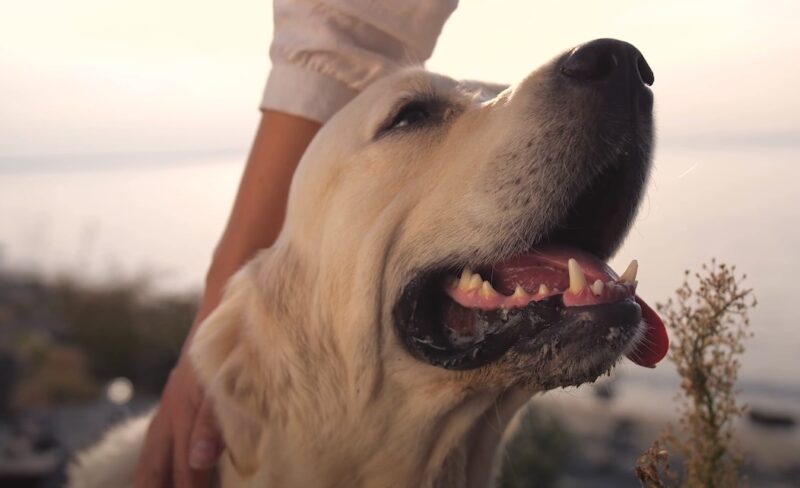
Treatment for mouth cancer in dogs depends on the type and stage of cancer, as well as the overall health of the dog. Surgical removal of the tumor is often the first line of treatment. In some cases, chemotherapy or radiation therapy may be recommended, especially if the cancer has spread. Palliative care may be necessary for advanced stages to ensure the dog’s comfort.
The Importance of Regular Veterinary Check-Ups
Regular check-ups with a veterinarian are crucial for early detection of mouth cancer in dogs. During routine dental exams, a veterinarian can spot early signs of abnormal growths or changes in the mouth. Early detection can lead to more effective treatment and a better prognosis for the dog.
Coping with a Diagnosis
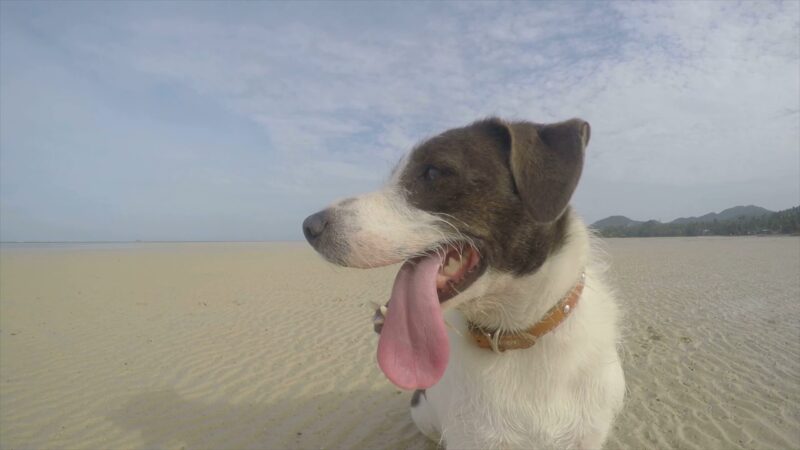
Receiving a mouth cancer diagnosis for a pet can be overwhelming for dog owners. It’s essential to work closely with a veterinarian to understand the diagnosis, treatment options, and what to expect. Support from family, friends, and pet support groups can be invaluable during this challenging time.
Advances in Treatment and Research
The field of veterinary oncology has seen significant advances in the treatment and research of mouth cancer in dogs. Innovative treatments, such as targeted therapy and immunotherapy, are being explored and have shown promising results in some cases. These treatments focus on targeting cancer cells specifically, which can lead to fewer side effects compared to traditional chemotherapy. Ongoing research continues to uncover new methods for early detection, treatment, and possibly even prevention of mouth cancer in dogs.
Nutritional Support and Care
Proper nutrition plays a crucial role in the overall health and well-being of dogs with mouth cancer. A balanced diet that is easy to chew and swallow can help maintain their strength and immune system during treatment. Supplements may be recommended to support their health further. Regular hydration is also vital. Consulting with a veterinary nutritionist can provide tailored dietary advice for a dog undergoing cancer treatment.
Quality of Life Considerations
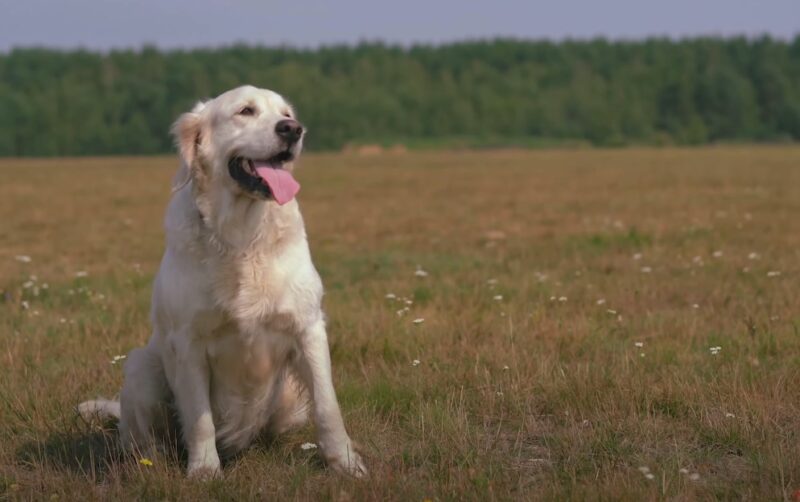
When a dog is diagnosed with mouth cancer, one of the primary concerns for owners is ensuring a good quality of life. This includes managing pain effectively, providing a comfortable living environment, and maintaining regular routines as much as possible. Regular communication with the veterinary team is essential to address any changes in the dog’s condition and adjust care accordingly.
Follow-Up and Monitoring
After treatment, regular follow-up visits with the veterinarian are essential to monitor the dog’s recovery and check for any signs of cancer recurrence. These visits may include physical examinations, imaging tests, and bloodwork. Early detection of recurrence can lead to timely interventions, potentially extending the dog’s life and improving their quality of life.
The Role of Preventive Care

While not all cases of mouth cancer in dogs can be prevented, certain measures can reduce the risk. Good oral hygiene, including regular dental cleanings and check-ups, can help prevent dental issues that might lead to cancerous conditions. Avoiding exposure to known carcinogens like tobacco smoke is also advisable. Additionally, being aware of the breed-specific risks can help in early detection and prompt treatment.
The Future of Canine Mouth Cancer Treatment
The future of treating mouth cancer in dogs looks promising, with ongoing research and new technologies. Personalized medicine, where treatment is tailored based on the individual dog’s genetic makeup and specific characteristics of their cancer, is an emerging area of interest. This approach could lead to more effective and less invasive treatment options in the future.
FAQs
Can mouth cancer in dogs be completely cured?
The possibility of curing mouth cancer in dogs depends on several factors, including the type and stage of the cancer, the dog’s overall health, and how early the cancer is detected and treated. In some cases, especially if caught early, surgical removal of the tumor can be curative. However, in more advanced cases or with certain aggressive types of cancer, a complete cure may not be possible, and treatment focuses on prolonging and improving the quality of life.
Are there any specific symptoms that differentiate mouth cancer from other oral diseases in dogs?
While some symptoms of mouth cancer, such as bad breath, drooling, and difficulty eating, can also be seen in other oral diseases, certain signs are more indicative of cancer. These include a rapidly growing mass in the mouth, bleeding from the mouth that is not related to dental issues, and any mass or ulceration that does not heal over time. If you notice these symptoms, it’s crucial to consult a veterinarian for an accurate diagnosis.
How long can a dog live after being diagnosed with mouth cancer?
The life expectancy of a dog with mouth cancer varies widely based on the cancer’s type, stage, and aggressiveness, as well as the effectiveness of the treatment. Some dogs with early-stage cancer that respond well to surgery may live for years, while those with more advanced or aggressive cancers might have a shorter lifespan. Each case is unique, and your veterinarian can provide more specific information based on your dog’s situation.
Are there any lifestyle changes I can make to help my dog with mouth cancer?
Yes, certain lifestyle changes can help support a dog with mouth cancer. These include providing a stress-free environment, ensuring they have a comfortable place to rest, offering soft or specially prepared foods that are easier to eat, and avoiding exposure to smoke or other potential irritants. Regular, gentle exercise can also be beneficial, but always consult your vet for advice tailored to your dog’s condition.
Can younger dogs get mouth cancer, or is it only a disease of older dogs?
While mouth cancer is more common in older dogs, it can occur in younger dogs as well. Certain types of mouth cancer, like melanoma, may not be as age-dependent as others. Young dogs with a genetic predisposition or those exposed to carcinogens might also be at risk, although it is less common.
Is mouth cancer in dogs contagious to other pets or humans?
No, mouth cancer in dogs is not contagious to other pets or humans. Cancer in dogs, like in humans, is a result of uncontrolled cell growth and is not caused by an infectious agent that can be transmitted to others. However, maintaining good hygiene, especially if the dog has lesions or is undergoing treatment, is always a good practice.
Final Words
Mouth cancer in dogs is a complex condition, but with advances in veterinary medicine, there is hope for effective treatment and management. Awareness and education about the disease, regular veterinary care, and a supportive environment are key to ensuring the best possible outcome for dogs with this condition. As research continues, the future holds potential for even more effective treatments, improving the lives of dogs affected by mouth cancer and their loving families.
